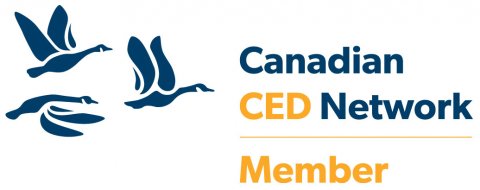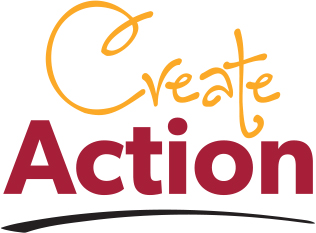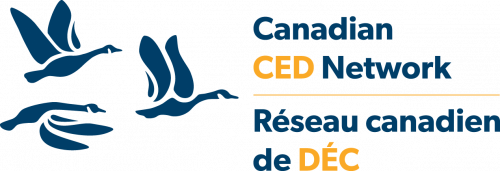 During the week of February 8-12, CCEDNet had the great pleasure of visiting – virtually of course – nine examples of innovative community leadership across Canada. These visits were part of a tour organized by CCEDNet for the Hon. Ahmed Hussen, Minister of Families, Children and Social Development.
During the week of February 8-12, CCEDNet had the great pleasure of visiting – virtually of course – nine examples of innovative community leadership across Canada. These visits were part of a tour organized by CCEDNet for the Hon. Ahmed Hussen, Minister of Families, Children and Social Development.
We learned about successful employment transition initiatives from Mother Earth Recycling, Embers Staffing Solutions, and Build Up Saskatoon. We were inspired by community revitalization efforts from the Greater Dorchester Moving Forward Co-op, Shorefast, and Community Seniors Co-operative. We saw how models can be successfully scaled while retaining a community-centred approach with SE Health.
 We learned about small business ventures that focus on people and community, not profits, with Akoma Holdings and Kaapittiaq. Many of our tour guides spoke about the importance of ecological sustainability in their philosophy and in their operations. They provoked deep reflections about some of the major and complex challenges facing our country: housing, seniors’ care, the justice system, and more.
We learned about small business ventures that focus on people and community, not profits, with Akoma Holdings and Kaapittiaq. Many of our tour guides spoke about the importance of ecological sustainability in their philosophy and in their operations. They provoked deep reflections about some of the major and complex challenges facing our country: housing, seniors’ care, the justice system, and more.
All in all, we were simply blown away by the amazing leadership and innovation going on in communities across the country. (And, we realized that we are really anxious for a post-COVID world so that we can actually MEET some of these amazing people face-to-face!)
 We capped off the tour with a round table discussion between Minister Hussen and members of the People-Centred Economy Group. During the round table, Minister Hussen shared his appreciation for the good work that organizations are doing in their communities, and for the innovation that they bring to solve complex social challenges. Quebec’s social economy ecosystem was raised as an example of what is possible in every region of Canada, with the right government supports and investments. Representatives from Indigenous and women’s organizations affirmed that social innovation and social finance can create opportunities for those hardest hit by the pandemic.
We capped off the tour with a round table discussion between Minister Hussen and members of the People-Centred Economy Group. During the round table, Minister Hussen shared his appreciation for the good work that organizations are doing in their communities, and for the innovation that they bring to solve complex social challenges. Quebec’s social economy ecosystem was raised as an example of what is possible in every region of Canada, with the right government supports and investments. Representatives from Indigenous and women’s organizations affirmed that social innovation and social finance can create opportunities for those hardest hit by the pandemic.
 It was a great way to spend a week. But, we weren’t doing it just for fun. The whole purpose of the tour was to see first-hand some of the impacts of the Investment Readiness Program (IRP) to date, showcase examples of the kinds of initiatives that can be expanded as part of the Social Innovation and Social Finance agenda (building on our campaign from late last year), and explore ways to create jobs and contribute to a strong economic recovery in ways that promote inclusivity and resilience while protecting the most vulnerable Canadians.
It was a great way to spend a week. But, we weren’t doing it just for fun. The whole purpose of the tour was to see first-hand some of the impacts of the Investment Readiness Program (IRP) to date, showcase examples of the kinds of initiatives that can be expanded as part of the Social Innovation and Social Finance agenda (building on our campaign from late last year), and explore ways to create jobs and contribute to a strong economic recovery in ways that promote inclusivity and resilience while protecting the most vulnerable Canadians.
At ev ery stop along the tour, our tour guides reinforced the need for social finance, social procurement, knowledge-sharing from community to community, increased access to federal innovation, business development, and skills training programs, and a supportive social economy “ecosystem”. They spoke about the need for co-creation, with government, to ensure that changes to policy and legislation meet communities’ needs. Coincidentally (or not!), these recurring themes are all part of the 12 recommendations of the Social Innovation and Social Finance Co-Creation Steering Committee. Here at CCEDNet, we are working hard to raise awareness among decision-makers about these recommendations. In particular, we are advocating for allocations in the upcoming federal budget to expand and renew the IRP, accelerate the Social Finance Fund, and implement a comprehensive Social Innovation and Social Finance Strategy, addressing all 12 of the recommendations.
ery stop along the tour, our tour guides reinforced the need for social finance, social procurement, knowledge-sharing from community to community, increased access to federal innovation, business development, and skills training programs, and a supportive social economy “ecosystem”. They spoke about the need for co-creation, with government, to ensure that changes to policy and legislation meet communities’ needs. Coincidentally (or not!), these recurring themes are all part of the 12 recommendations of the Social Innovation and Social Finance Co-Creation Steering Committee. Here at CCEDNet, we are working hard to raise awareness among decision-makers about these recommendations. In particular, we are advocating for allocations in the upcoming federal budget to expand and renew the IRP, accelerate the Social Finance Fund, and implement a comprehensive Social Innovation and Social Finance Strategy, addressing all 12 of the recommendations.
Enabling social innovation across Canada would powerfully and fundamentally change the way communities and community leaders see themselves as agents of positive change. There are two ways you can help spread the word:
- Contribute to the federal pre-budget consultations that close this Friday, February 19. You can have your say by clicking here.
- Contact your MP about social innovation and social finance anytime. Click here for some tips and ideas.
*The opinions expressed in blog posts are those of the author(s) and do not necessarily reflect the position of CCEDNet


 COVID-19 has seriously impacted our access and use of public spaces which are the glue to our communities. They are a big part of what makes communities safe, vibrant and connected.
COVID-19 has seriously impacted our access and use of public spaces which are the glue to our communities. They are a big part of what makes communities safe, vibrant and connected.


 Ingamo Hall Friendship Centre
Ingamo Hall Friendship Centre Atikokan Native Friendship Center
Atikokan Native Friendship Center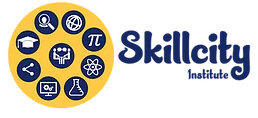 Skillcity Institute
Skillcity Institute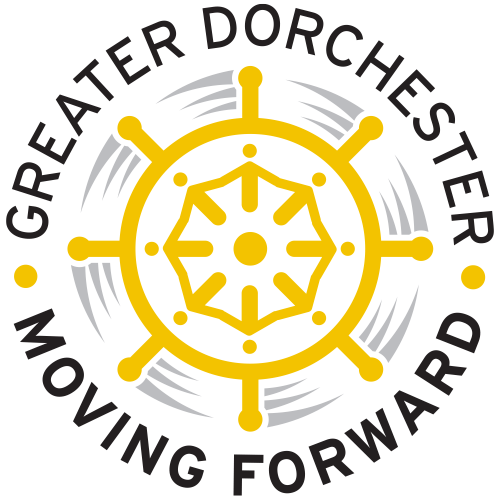 Moving Forward Co-operative
Moving Forward Co-operative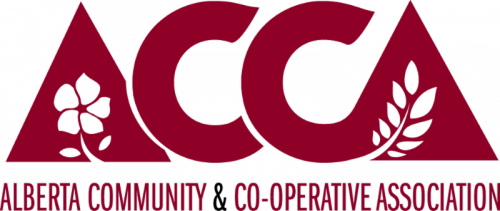 Alberta Community and Cooperative Association
Alberta Community and Cooperative Association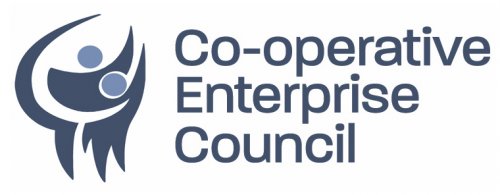 Co-operative Enterprise Council of New Brunswick
Co-operative Enterprise Council of New Brunswick Greater Trail Community Skills Centre
Greater Trail Community Skills Centre Ottawa ACORN
Ottawa ACORN Chartered Professional Accountants of BC
Chartered Professional Accountants of BC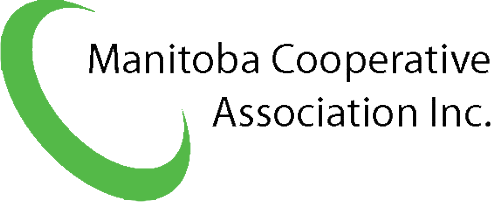 Manitoba Cooperative Association
Manitoba Cooperative Association OnePeopleTO
OnePeopleTO
 At
At  Sarah Leeson-Klym is CCEDNet’s Regional Networks Director. She believes that communities are the experts of their lived experience and that CED provides great approaches for them to develop creative and grounded solutions to the biggest challenges we collectively face. She first obtained an Arts and Cultural Management certificate from MacEwan University, then worked and volunteered in a range of capacity building programs before graduating with a BA (Honours) degree in Social Justice Theory and Practice from the University of Winnipeg in 2012.
Sarah Leeson-Klym is CCEDNet’s Regional Networks Director. She believes that communities are the experts of their lived experience and that CED provides great approaches for them to develop creative and grounded solutions to the biggest challenges we collectively face. She first obtained an Arts and Cultural Management certificate from MacEwan University, then worked and volunteered in a range of capacity building programs before graduating with a BA (Honours) degree in Social Justice Theory and Practice from the University of Winnipeg in 2012. The Co-operators’
The Co-operators’ 
